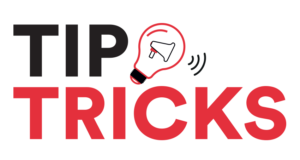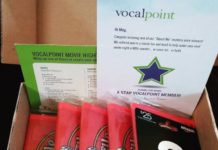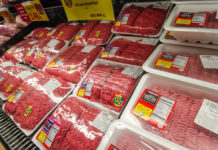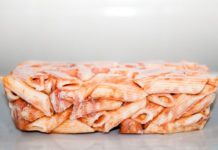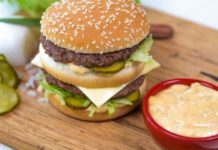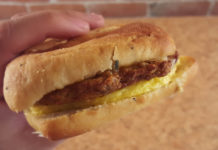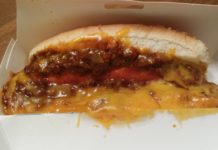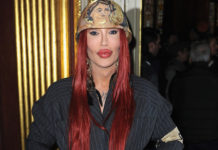You may be surprised to learn that some of your favourite foods and candies are illegal in other countries. Granted, the US has a poor reputation when it comes to food health and safety. So, it is to be expected that some items may not make the grade in markets abroad. However, as you’ll see, some items of food are banned abroad for rather strange reasons.
20. Froot Loops
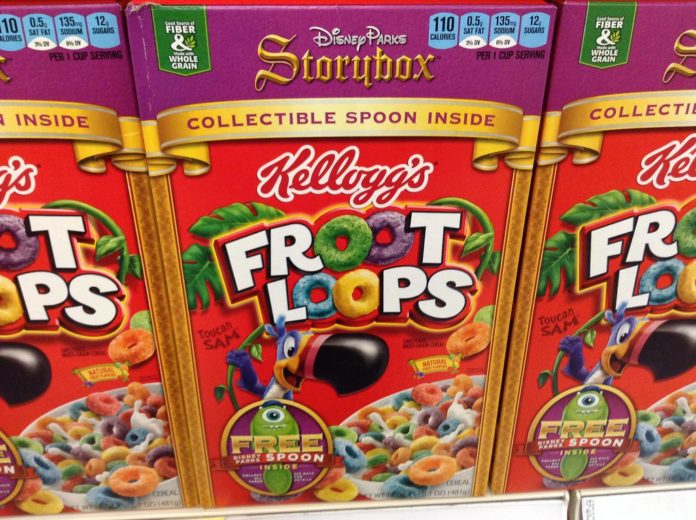
A quick glance at a bowl of Froot Loops or fruity pebbles and you’ll guess that they contain a myriad of artificial dyes. While many foods throughout the world contain dyes, the dye that is used to create those bright colors in Froot Loops has been linked with nerve-cell issues. It’s for this reason that these types of cereals are expressly banned in Austria, Finland, France, and the UK. If you love Fruit Loops, bring your own while working or studying abroad because chances are you won’t find them.
19. Dairy with rBGH
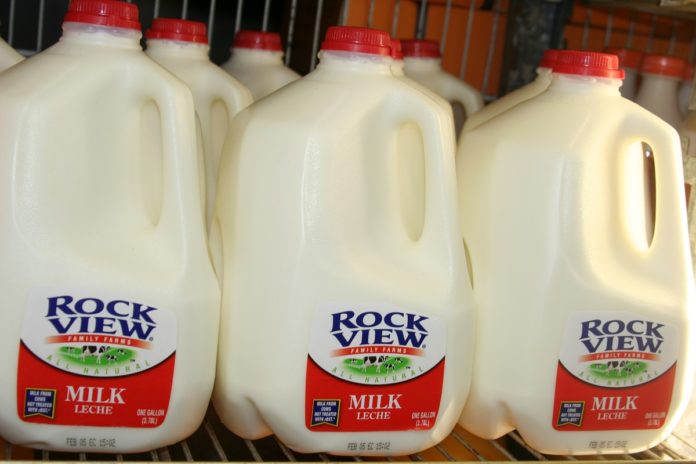
You could likely mistake the name of this hormone for the name of a local radio station; however, it isn’t quite so innocent. rBGH, which stands for recombinant bovine growth hormone, is used in many dairy products in the US and is even approved for use by the FDA. However, many EU nations and Canada are not on board, and it is expressly banned. The Canadian milk industry is trying really hard to keep it this way, even though trade negotiations are trying to allow American milk to be exported in Canada.
18. Pillsbury Biscuits
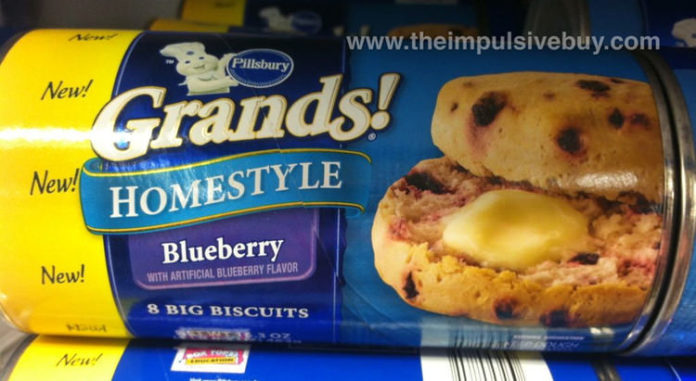
The seemingly innocent Pillsbury doughboy’s biscuits can be baked and on the table in a matter of minutes. However, some countries have banned them because they contain partially hydrogenated soybean oil, a form of trans fat that is linked with heart disease. Saving on long term health costs by banning trans fat seems smart, to be honest.
17. Chocolate Milk
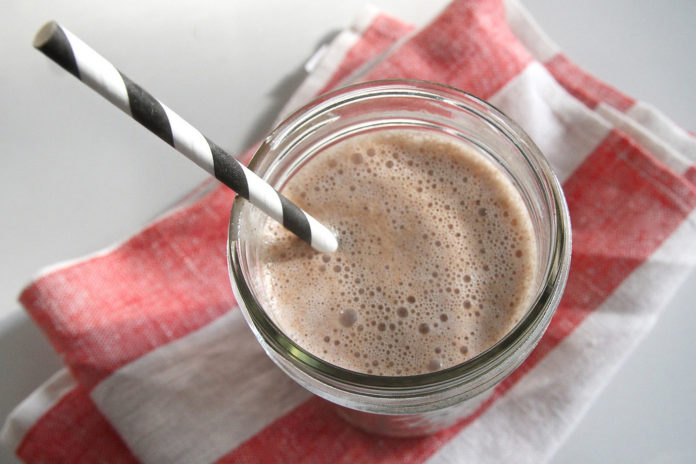
Again, this is perhaps something that you wouldn’t expect to see on a list of food items that are banned overseas. However, some brands of chocolate milk contain a type of seaweed called carrageenan. While this has a long history of inclusion in American foods and beverages, it has been linked with Alzheimer’s, Parkinson’s and heart disease. Research has also found that intake of carrageenan caused impaired insulin action and glucose intolerance in laboratory mice. Following this finding, foods that contain carrageenan, including chocolate milk, are banned in EU nations. We guess we won’t be trading this for Spanish vegetables any time soon.
16. Classic Kraft Dinner
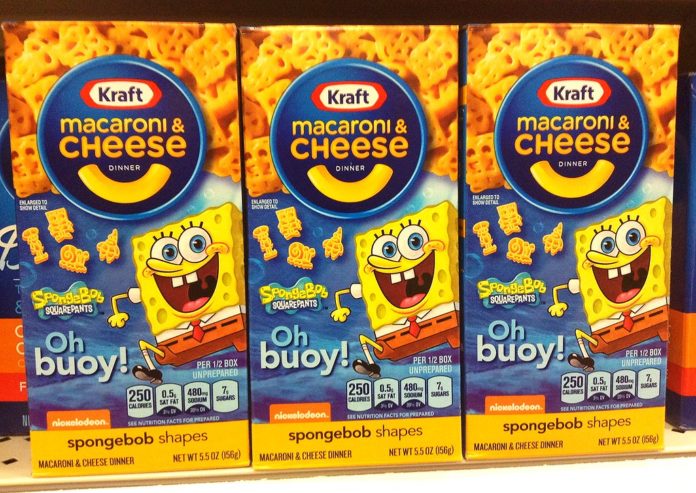
Americans love Kraft Mac and Cheese. However, sadly, like Skittles, it contains yellow #5 and #6 food dyes that are banned in Norway, Austria, and other EU countries due to their link with cancer and allergic reactions. These food dyes are added to many US-manufactured products including jams, drinks, pet food, shampoo, and even pharmaceuticals.
15. US Beef
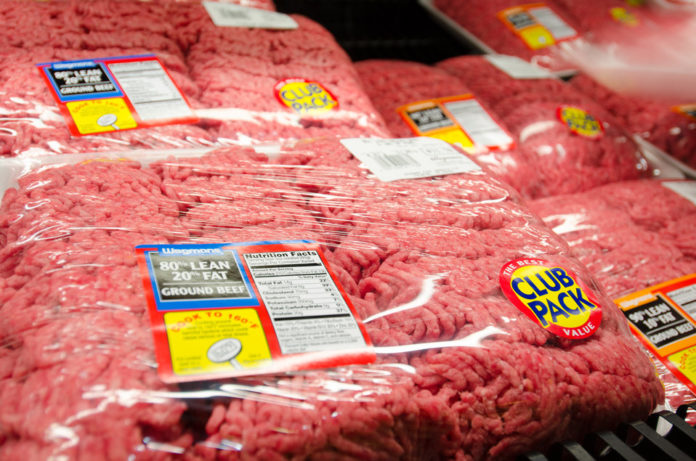
If you’re visiting Europe, you may be surprised to find that you won’t find hormone-grown beef from the U.S. in any supermarkets. According to research performed by The European Commission’s Scientific Committee on Veterinary Measures, the synthetic hormones that are employed to stimulate growth in US cattle are linked with prostate and breast cancer. Essentially, if meat has been exported from the United States, people tend to steer clear of it. And, despite the fact that federal regulations forbid the use of growth hormones in chicken and pork, beef has somehow escaped the ban.
14. Skittles
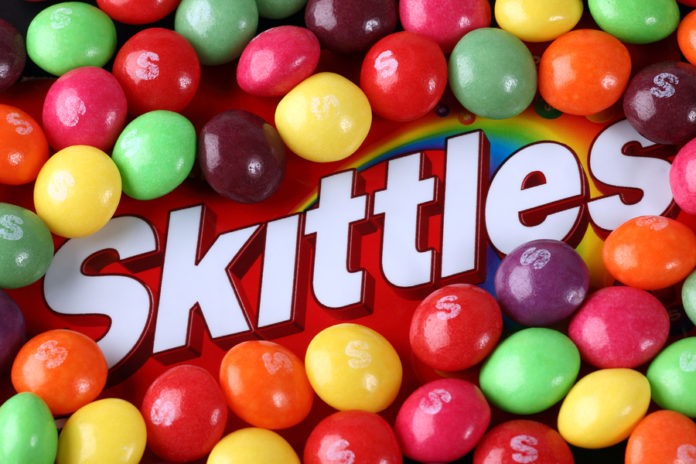
American kids eat Skittles as a right of passage. However, these seemingly innocent candies are banned in Norway and Sweden because they contain excessive artificial colors that cause allergic reactions and cause hyperactivity in children. Scandinavian countries have better results when it comes to child education and higher education. Coincidence?
13. Mountain Dew
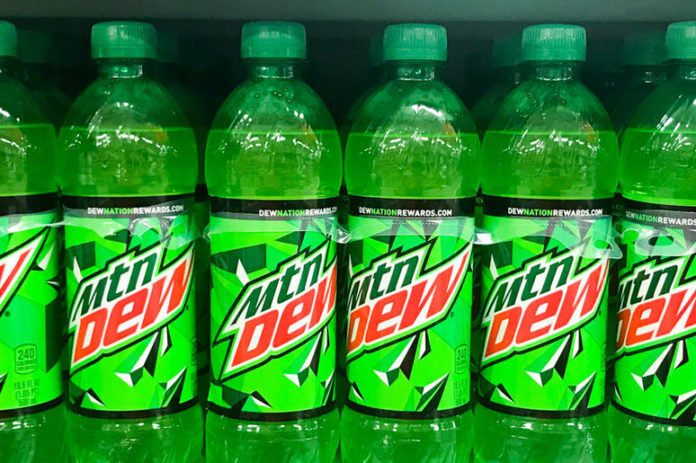
You only need to look at the vivid color of Mountain Dew to clock the fact that it is far from the healthiest beverage. However, it is the inclusion of brominated vegetable oil that has led to some countries banning its importation. Although this ingredient is a common staple of many America fizzy drinks, it can cause nerve issues, memory loss, and even lesions. While Pepsi and Coca-Cola also contain brominated vegetable oil, they seem to have escaped a similar fate to Mountain Dew.
12. Drumstick

Again carrageenan is to blame here. Drumstick uses this ingredient to craft the texture of its ice cream. However, due to its links with health issues, it has been banned for use in many European markets and in products such as baby food.
11. Maraschino Cherries
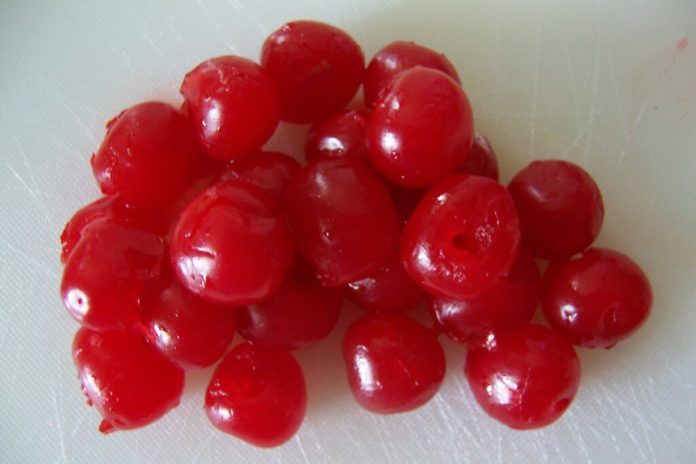
Maraschino cherries contain another colorant that is viewed dimly by EU authorities: Red #40. In addition to being linked with cancer, this ingredient can cause allergic reactions in many people. Although maraschino cherries are the worst offenders, Red #40 is also an ingredient of grenadine and cherry pie mix. All items that contain red #40 are expressly prohibited in Europe.
10. The US chicken

Chicken is a relatively healthy meat that is commonly consumed in the US. However, US-reared poultry is not permitted in many areas of the world. The main reason for this is that pink and fresh-looking chicken you are eying up in the supermarket has likely been fed arsenic. Yes, arsenic—a substance that is poisonous. The issues don’t stop there. Chlorine is also sometimes used to wash the meat and eliminate any lingering microorganisms. One final problem that has led the EU to ban US-reared chickens is that they are not provided with enough space during their growing period. All in all, the picture is bleak.
9. Ritz crackers
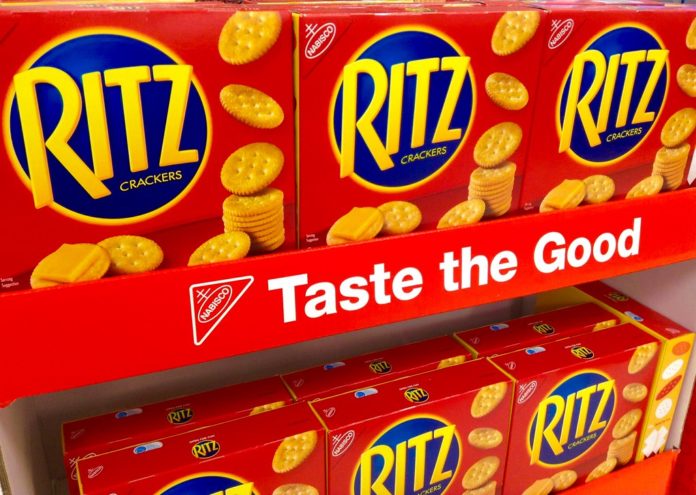
You may be surprised that the US’ third-biggest cracker brand, Ritz, is another trans fat offender that contains hydrogenated cottonseed oil. This ingredient is banned in Austria, Denmark, Hungary, Iceland, Norway, and Switzerland. Bring your own crackers if you go studying abroad in Europe!
8. US Apple
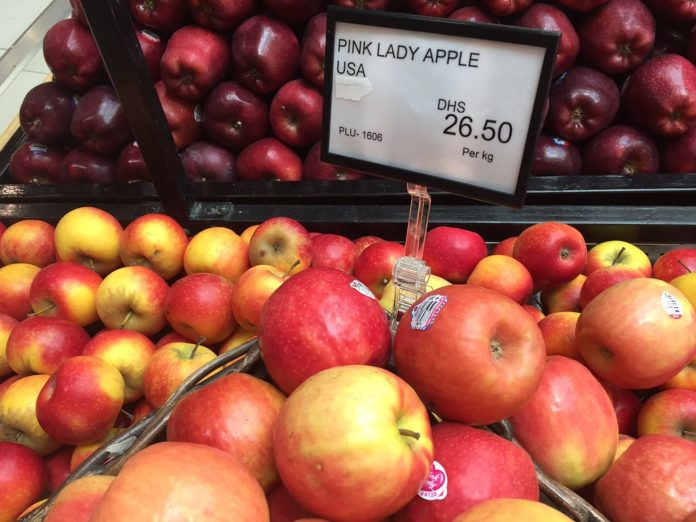
How can a simple apple cause offense? Well, it isn’t the apple that is the issue but that shiny coating that makes it look so appealing and prolongs its freshness. The European Food Safety Authority recently banned American apples from sale in EU nations on the basis that the chemicals used to coat US apples are believed to be carcinogenic. While further studies are needed, Europe has made its move. If you have the choice, always opt for Canadian apples, which are a healthy source of energy.
7. Fat-Free Snacks
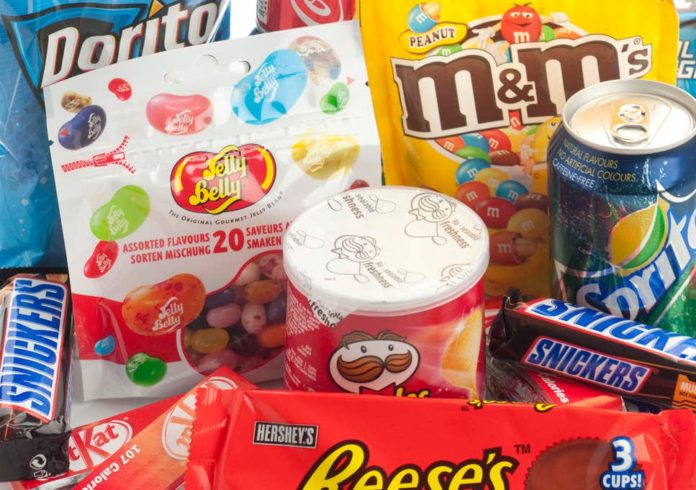
At one point, Olestra was considered to be the best thing since sliced bread. However, as it transpires, we really can’t have our cake and eat it… especially if we are concerned about our weight. Olestra was found in a range of fat-free food items, including chips, French fries, and cake. However, studies found that it prevents the human body from absorbing key vitamins. As such, food items that contain this ingredient have been banned in the UK and Canada. Too bad for Canadian college kids that love American snacks during their spring break south.
6. Betty Crocker Fudge Brownies Mix
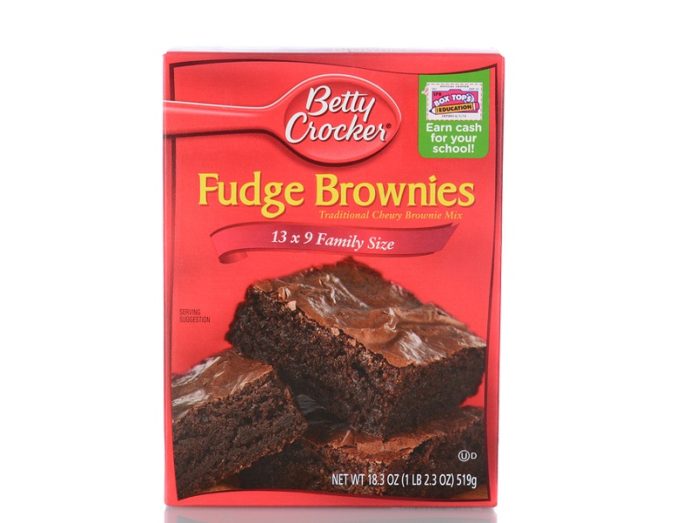
Yet again, trans fats are to blame here. Many lovers of the popular baking mix will be saddened to learn that it still contains cottonseed oil and/or partially hydrogenated soybean. As such, it has been outlawed in many European markets, including Austria, Denmark, Hungary, Iceland, Norway, and Switzerland.
5. Frozen Dinners
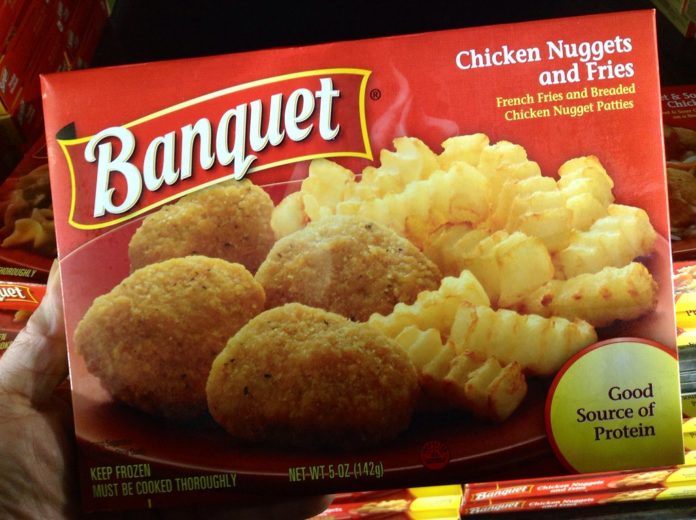
Azodicarbonamide is a staple ingredient in a range of food items including pre-baked packaged bread, frozen foods, and boxed pasta. It’s a pretty nasty ingredient that is used to bleach flour. It is also used to produce yoga mats and sneaker soles… not particularly appetizing now, is it? What’s more, it has been linked with asthma. For these reasons, any food items that contain azodicarbonamide are banned in most EU markets and Australia.
4. Farmed Salmon
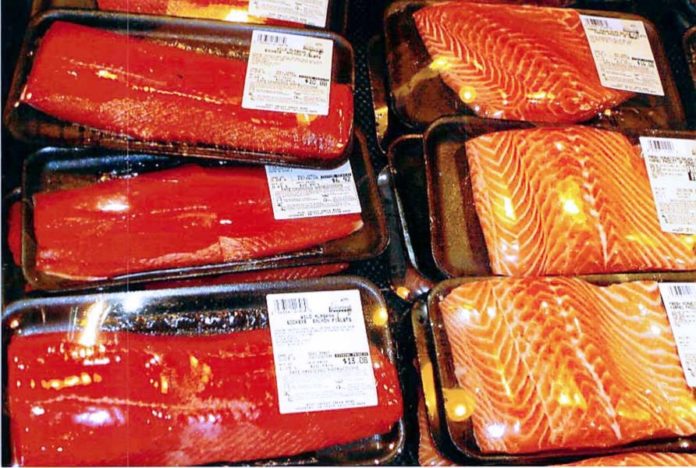
Salmon contains those all-important omega-3 acids that are great for human health. However, before you tuck in, check where your salmon came from. Farmed salmon is prohibited in many areas of the EU because it is raised on an artificial diet of antibiotics, grains, and alternative drugs. These leave the fish with a gray, unpalatable flesh. How do producers overcome this? They pinken the fish with synthetic astaxanthin that is derived from petrochemicals… nice. We hope you got health insurance if you love American salmon because you will need it in the future.
3. Sugar Cane
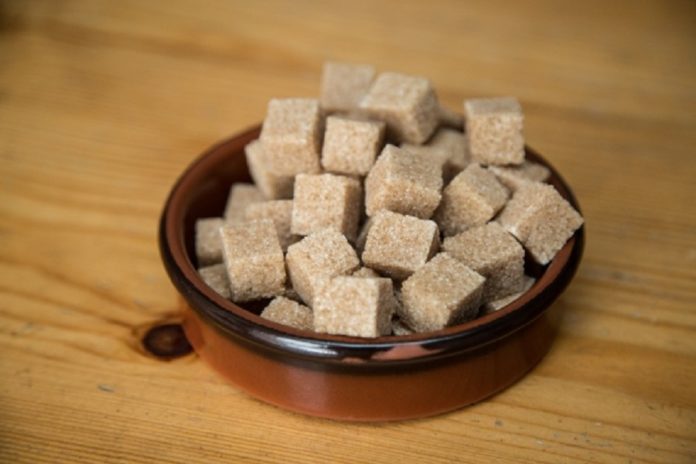
Sugar cane is another item that is sold in the United States but banned in many EU markets. This time, a herbicide called Atrazine is to blame. This herbicide has been linked with a range of issues including tumors, birth defects, skin sensitization, and degeneration of muscle. Furthermore, it can leak into the water supply and have negative impacts on wildlife.
2. Papaya
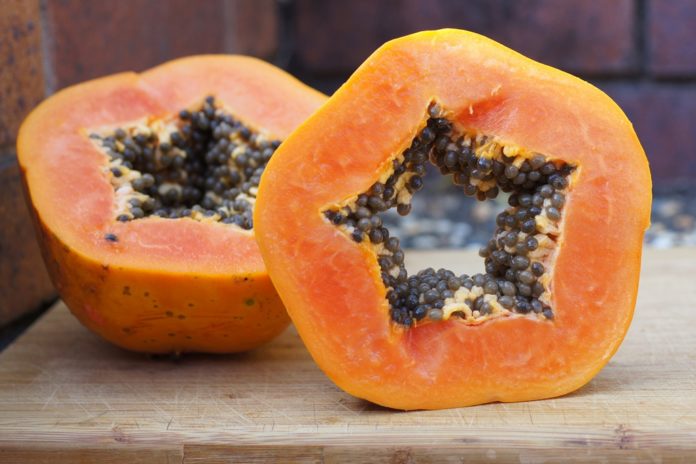
Yep, even US-based fruits appear in the off-limits lists of some countries. The majority of Hawaiian papaya has been genetically engineered so that it can withstand the ringspot virus. This has caused issues in some areas of the world because research has proven that animals that consume genetically engineered foods, including soy and corn, can develop a vast array of disorders, including birth defects, intestinal problems, premature death, multiple-organ failures, tumors, and inability to reproduce.
1. Coffee-mate
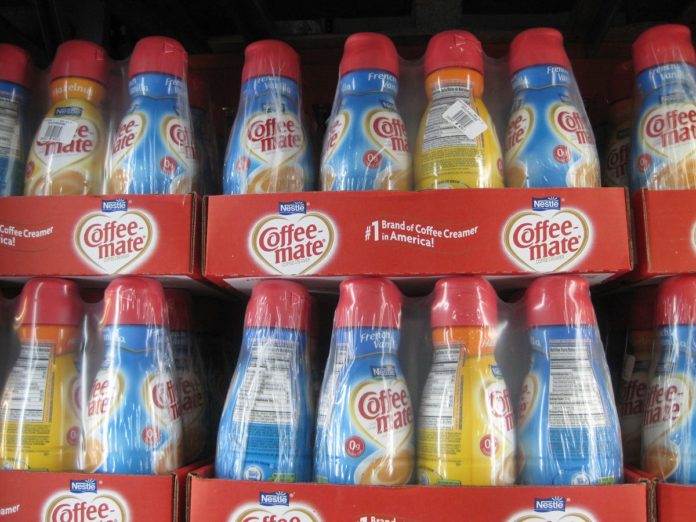
The trans fats, such as cottonseed oils and partially hydrogenated soybean, that are found in Coffee-Mate have been linked with heart disease and were formally prohibited in the United States back in June 2018. However, some of the supply continues to circulate in the US. Products that contain these fats are also banned from sale in many areas of Europe including Austria, Denmark, Hungary, Iceland, Norway, and Sweden. Luckily here the American industries have noticed the risks associated with these fats and are working on a solution.
